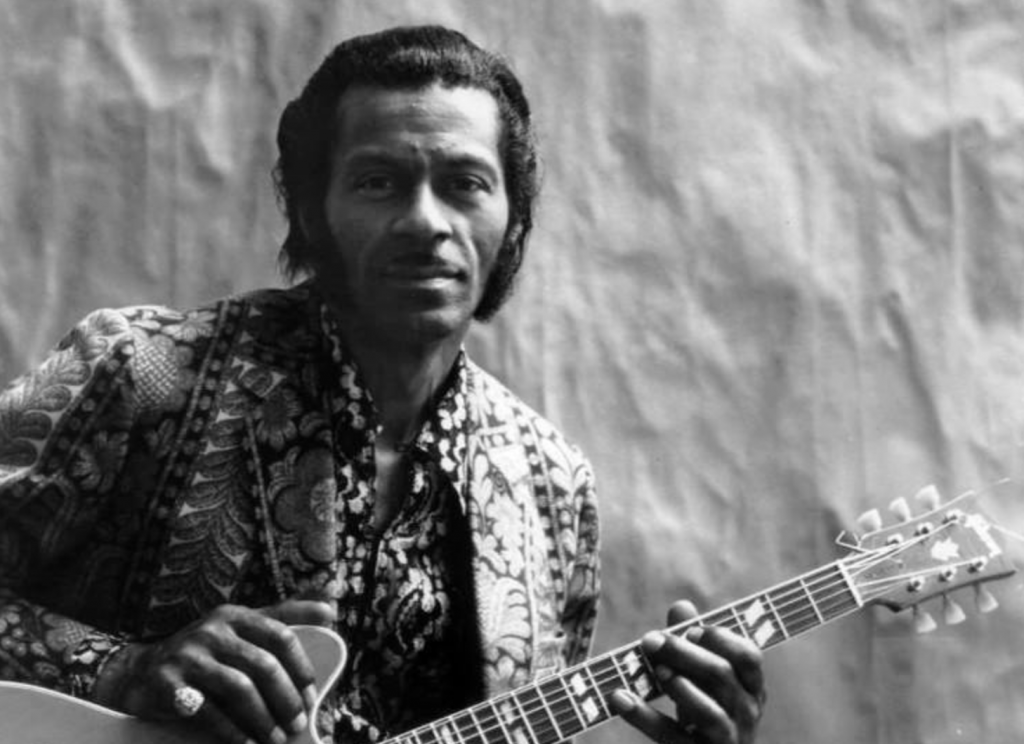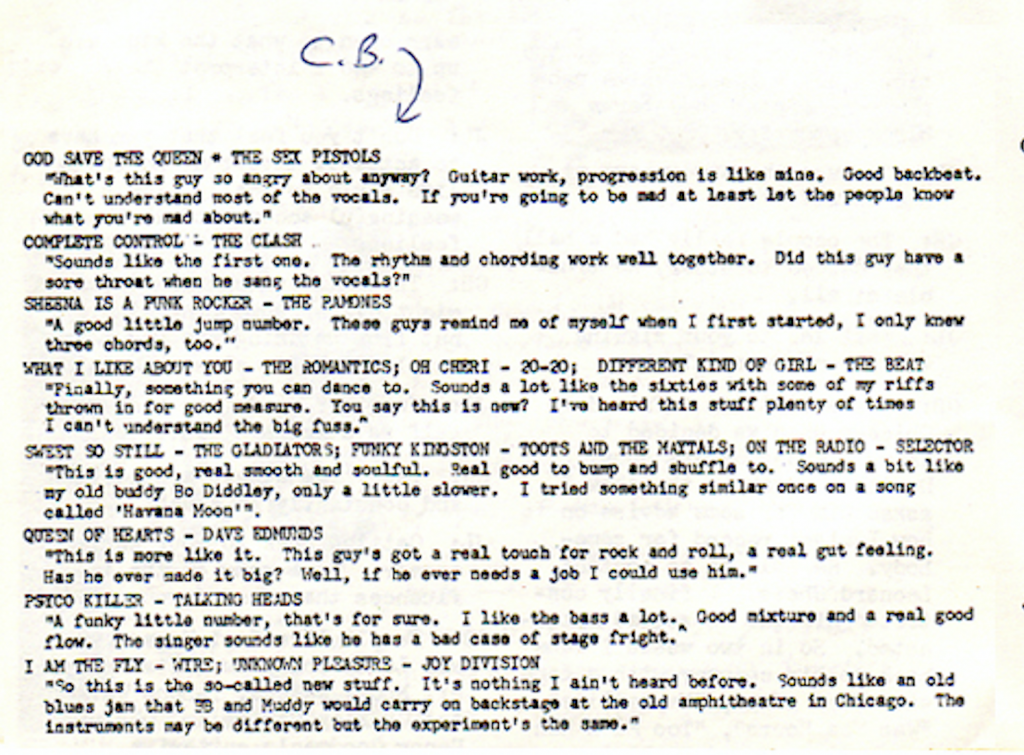
Image via Wikimedia Commons
When the punk wave broke in the UK and the States in the mid-1970s, it threatened to leave behind the established rock bands that once seemed so rebellious. Pete Townshend, the guitar-smashing songwriter of The Who, said: “I kind of welcomed [the arrival of punk], challenged it, and wanted it to happen, and then I realized that the person they wanted to shoot was me.” And indeed Sid Vicious, of the Sex Pistols, would say, “I don’t have any heroes. They’re all useless to me.”
And yet despite the posturing, punk remained rooted in the rock tradition, paying tribute, whether they knew it or not, to their musical fathers (The Beatles, The Who, The Stones) and even the grandfathers (Chuck Berry and Buddy Holly). In Please Kill Me: The Uncensored Oral History of Punk (a book I completely recommend) editor Legs McNeil writes:
Then the Ramones came back, and counted off again, and played their best eighteen minutes of rock n roll that I had ever heard. You could hear the Chuck Berry in it, which was all I listened to, that and the Beatles second album with all the Chuck Berry covers on it.
It all goes back to Chuck Berry, and Berry knew it. In a 1980 interview with the zin Jet Lag, Berry shared his thoughts on the punk anthems of the day and spotted his influence in many of them.

The Sex Pistols’ “God Save the Queen”:
“What’s this guy so angry about anyway? Guitar work and progression is like mine. Good backbeat. Can’t understand most of the vocals. If you’re going to be mad at least let the people know what you’re mad about.”
The Clash’s “Complete Control”:
“Sounds like the first one. The rhythm and chording work well together. Did this guy have a sore throat when he sang the vocals?”
The Ramones’ “Sheena is a Punk Rocker”:
“A good little jump number. These guys remind me of myself when I first started, I only knew three chords too.”
The Romantics’ “What I Like About You”:
“Finally something you can dance to. Sounds a lot like the sixties with some of my riffs thrown in for good measure. You say this is new? I’ve heard this stuff plenty of times. I can’t understand the big fuss.”
Talking Heads’ “Psycho Killer”:
“A funky little number, that’s for sure. I like the bass a lot. Good mixture and a real good flow. The singer sounds like he has a bad case of stage fright.”
Wire’s “I Am the Fly” and Joy Division’s Unknown Pleasures:
“So this is the so-called new stuff. It’s nothing I ain’t heard before. It sounds like an old blues jam that BB and Muddy would carry on backstage at the old amphitheatre in Chicago. The instruments may be different but the experiment’s the same.”
Chuck Berry passed away today, still unsurpassed, at age 90. Long live Chuck.
via Dangerous Minds and h/t @alyssamilano and @austinkleon
Related Content:
Chuck Berry Takes Keith Richards to School, Shows Him How to Rock (1987)
Four Female Punk Bands That Changed Women’s Role in Rock


Well… With all the respect that is due to this great, great musician, and knowing it’s not very polite to disagree with the recently deceased, I have to say:
he missed the point, by miles and miles.
Sure, the musical construction is similar to old rock’n’roll. Sure, building songs like that and using those harmonies and those instruments cannot in itself be revolutionary or subversive as it was in his time.
But that is exactly the (musical) starting point of punk, *not* its goal. The fact that the lyrics are sung almost shouting, that they’re hard to understand, that you don’t *need* more than three chords to support your whole musical discourse because you’re not basing the message on its harmonic structure… all that is essential to punk, both in terms of sound and in terms of social position.
Despite his huge success and popularity, Chuck Berry never established a relation to his audience similar to what basically all the (early) punk bands did, for instance — and that’s perfectly ok because that wasn’t *his* point. So of course, if we listen to the notes and the rhythms, there’s not much new. But thank goodness there’s a lot more than that to music.
Richie Stotts from the Plasmatics was mentioned as a similar type sound as Chuck Berry.
I thought his guitar playing in 1984 when I was fortunate enough to see Wendy and the gang in Vancouver Canada at the Gardens. It was awesome I was 21 at the time.
The stupid thing about that concert was that the crowd was actually spitting on her, she got mad,power got cut I thought it was going to turn deadly.
Incidentally, Jet Lag was founded by St. Louisans teve Pick and John “The Mailman” Korst.